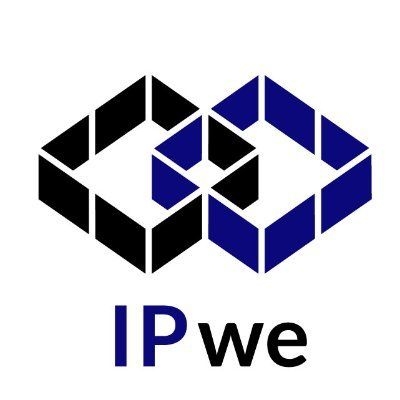New metal free, chipless RFID tag for apparel claims to be sustainable future of tagging | 24-07-2024 |

The mission of UK-based start-up Pulpatronics is to provide businesses with more sustainable and affordable inventory solutions that reduce environmental impact, to help track paper-based, single-use items, for a more circular economy.
The company has developed a range of chipless, metal-free, paper RFID tags. These novel tags do not require metal extraction and are cheaper and compatible with existing recycling methods, it claims. An innovative laser technology induces a conductive circuit directly onto paper, streamlining the manufacturing process and eliminating the need for metal and silicon components. It significantly reduces the environmental footprint of RFID tag production as a result, says the company.
These novel, carbon-based paper RFID tags are cheaper than the metal based versions and, while a conventional tag accounts for 3.5g of CO2, the Pulpatronics version uses just 1.1g for an equivalent tag, a 70% reduction in emissions, it states. In terms of cost the company claims the chipless, paper versions are about 50% cheaper than normal tags used in the sector and the antenna operates at the same capacity and performance levels as metal. Another claim is a simplified manufacturing process which uses far fewer components.
It is initially targeting the apparel sector, where retailers and manufacturers extensively embed tags in clothing price tickets and other brand labelling to help with inventory management, theft prevention and check out. However the company is already looking beyond the clothing and footwear sectors to such items as paper-based packaging, books and e-commerce and other cardboard packaging.
The tag has already won several awards since it was introduced in 2023, including the prestigious Red Dot Awards and a European Product Design Award.
AIPIA Comment: This is a very interesting tag development, especially if its price point is realistic. The cost of conventional tags has been coming down consistently and so a generalized comparison might be difficult. But it should certainly please the Sustainable Lobby who have consistently thrown doubts about recyclability into the ring, even though the industry has shown that some of the latest tags, using, for example, paper substrates do not have a significant impact on recyclability. One of the reasons RFID tag and inlay makers have shied away from carbon (if we are talking a form of graphene here) is the cost. So if our friends at Pulpatronics have developed a cost effective laser ‘deposition’ system then it could indeed be a game changer.
AIPIA and AWA Smart Packaging World Congress Amsterdam

































